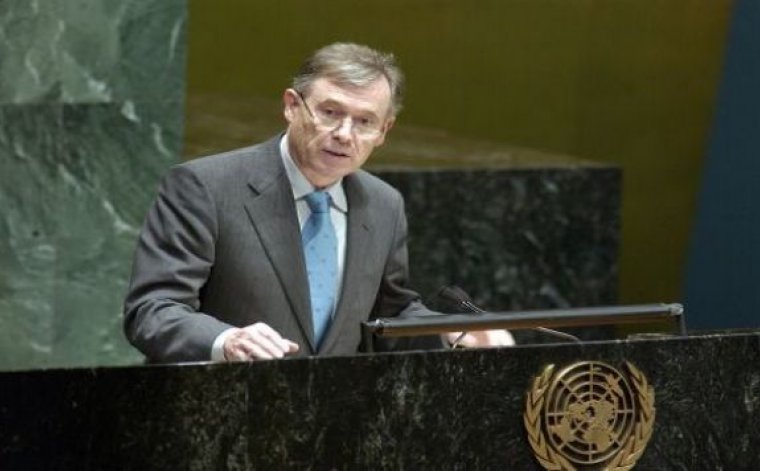Head of the Moroccan government Aziz Akhannouch defended his cabinet bill with regards to agriculture input highlighting the rewards of the Green Plan launched in 2008 amid fierce critics by the opposition which laments a lack of “full food sovereignty” and a predominance of exports over satisfying domestic market needs.
Speaking at a parliamentary session, Akhannouch said thanks to the Green Morocco Plan, 16 billion dollars were invested from 2008 to 2020 to double Morocco’s agricultural GDP to 12.7 billion dollars, bringing the share of the sector to 14% of Morocco’s overall GDP.
Opposition MPs were not satisfied though. They mentioned a surge in imports of key grains, including key staples such as wheat, as well as pressing needs for importing cattle to keep red meat prices stable.
Akhannouch said 100% self-sufficiency was not possible and that Morocco was importing water-intensive farm products that, if planted in Morocco, would not be profitable for the local farmer such as wheat which requires vast swathes and abundant rain.
The World Bank had said Morocco exports only 5.9% of its water available for the farming sector through its different fresh produce sales, debunking one of the key arguments that posit Morocco was exporting its precious water.
Akhannouch, who served as agriculture minister during the last decade, blamed the water department in the outgoing governments for failing to put in place water plans to ensure steady supply to develop agriculture.
Despite the worst drought in three decades, Morocco could ensure supply of key fresh produce although quantity and quality was undermined, mentioning, in particular, the drop in milk production.
He defended the need for maintaining agriculture production despite drought to meet the needs of the Moroccan people because Morocco had no nearby market to import from at an affordable cost.
The farmer, he said, needs to export to make for the low prices charged for vegetables and fruits at the domestic market.
He also shed light on the Generation Green, the following plan that mobilizes 11 billion dollars to develop agriculture, while stressing the need of the underway water supply project which consist mainly in building large scale desalination plants that would supply water to cities and farms, besides waterways to connect dry with water-rich basins.



